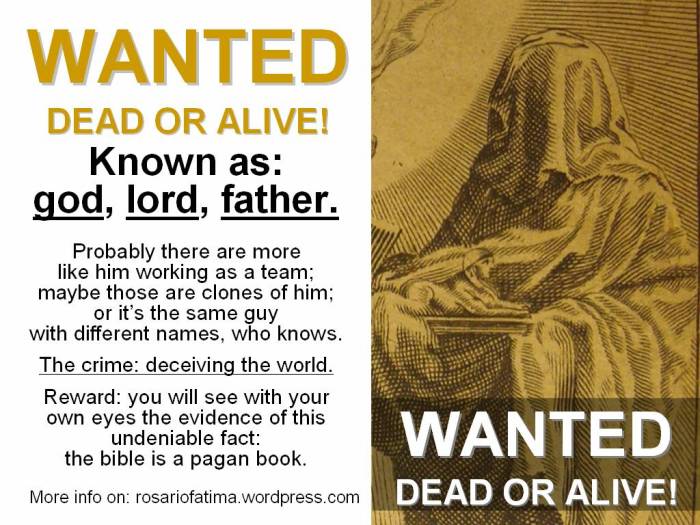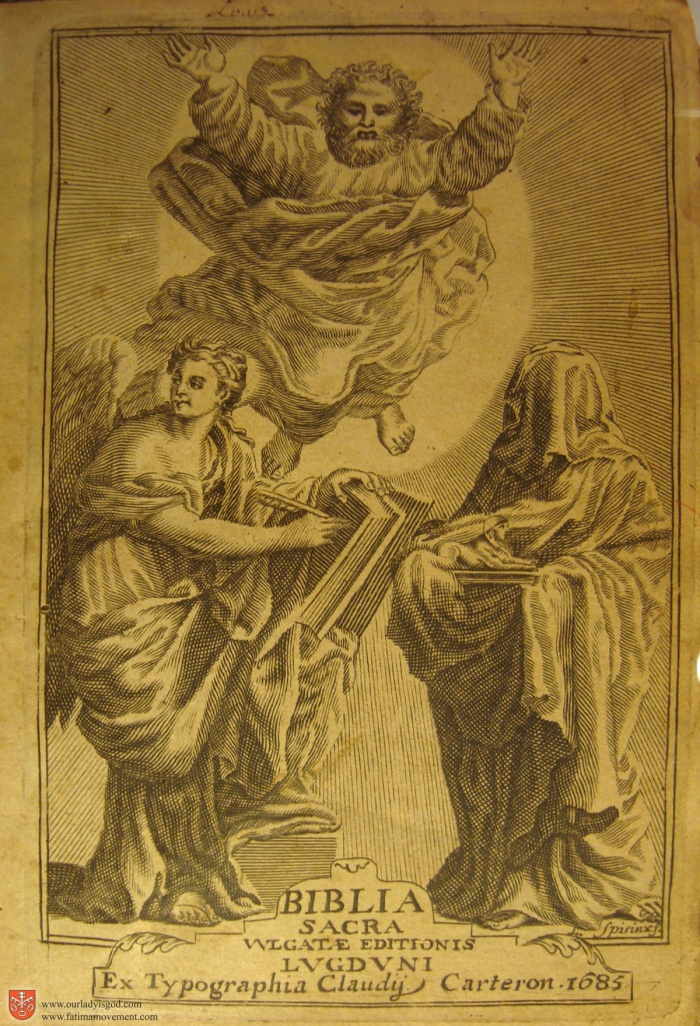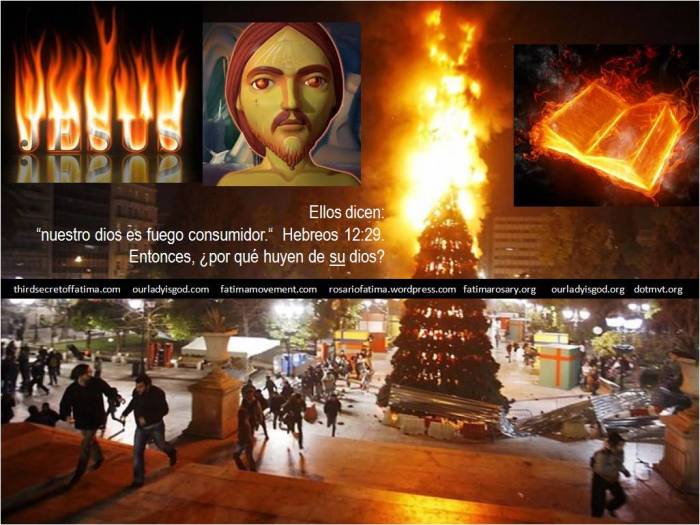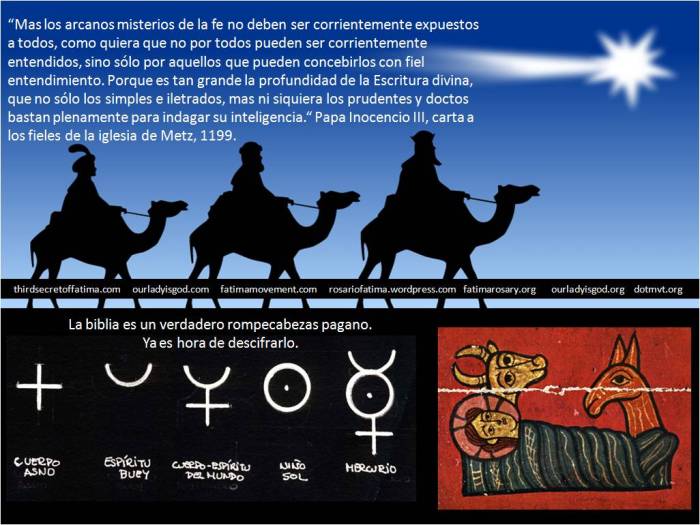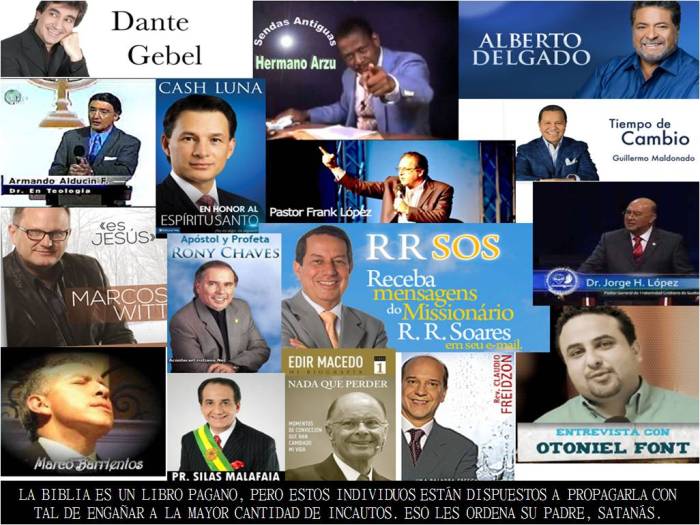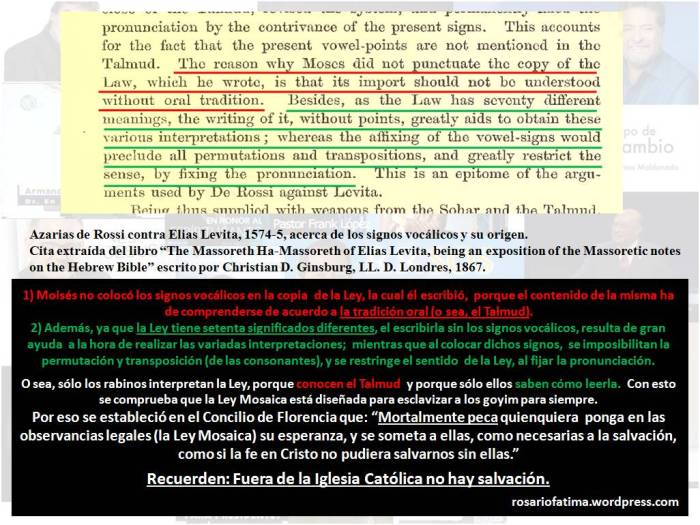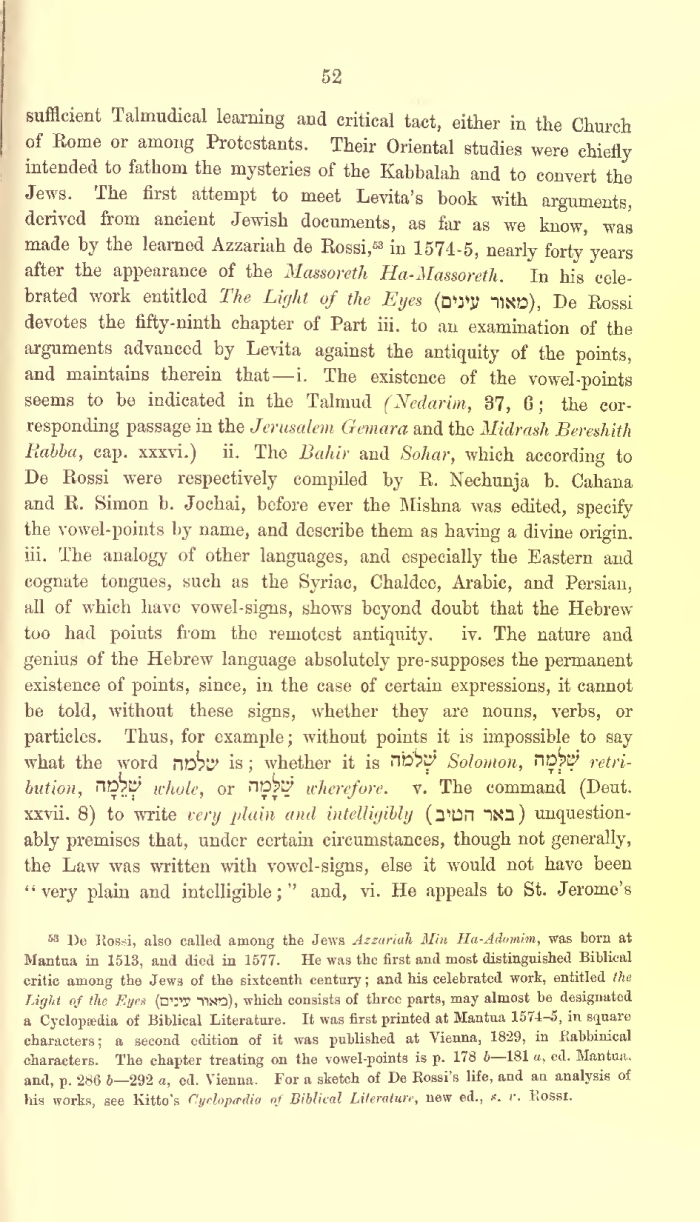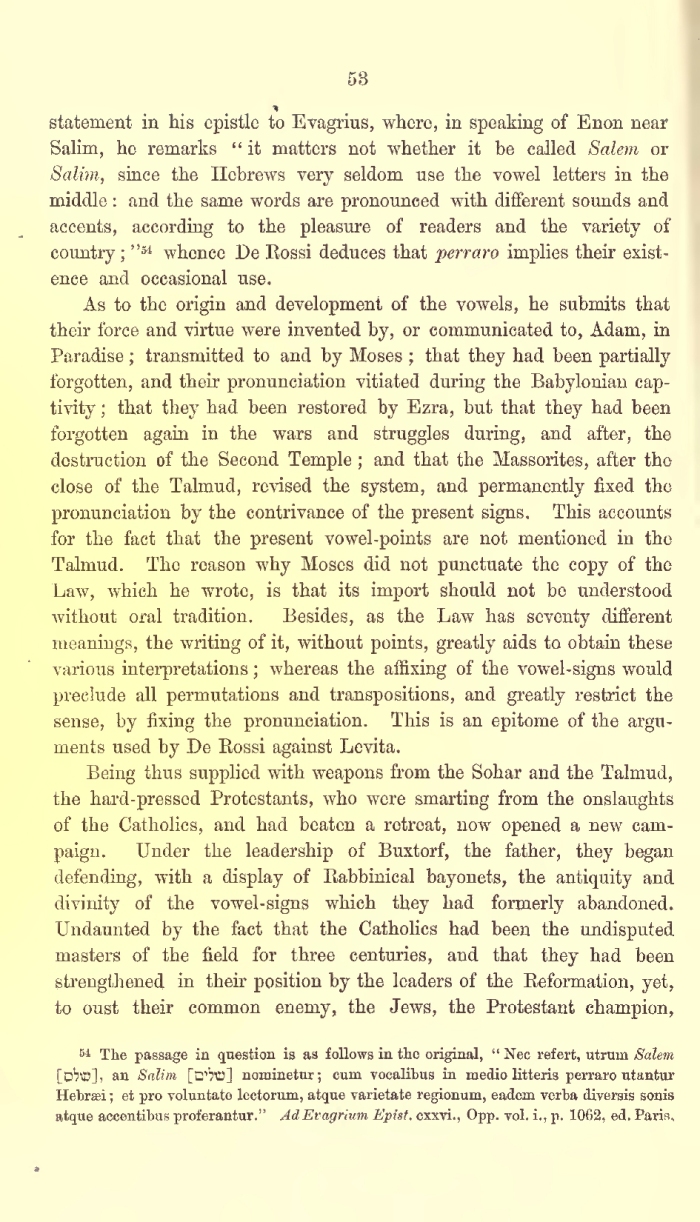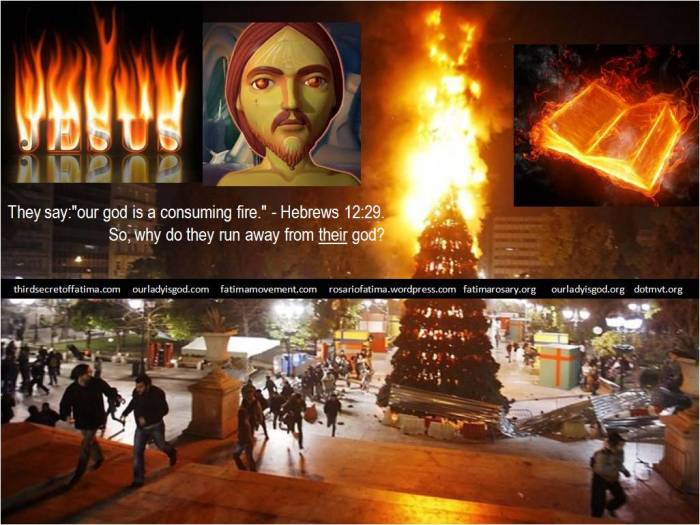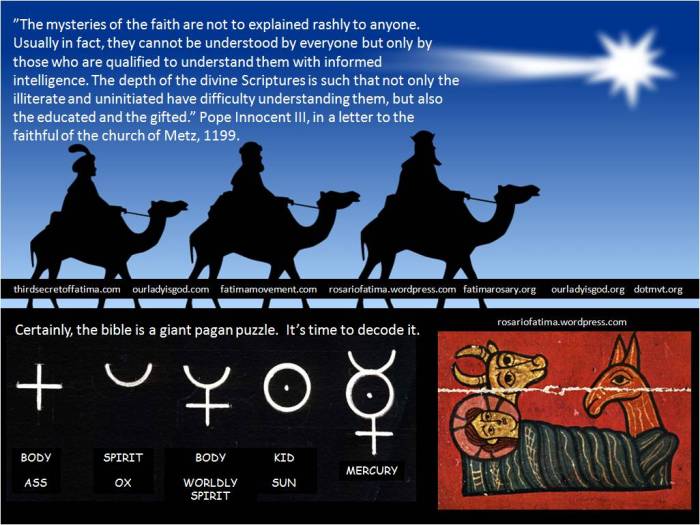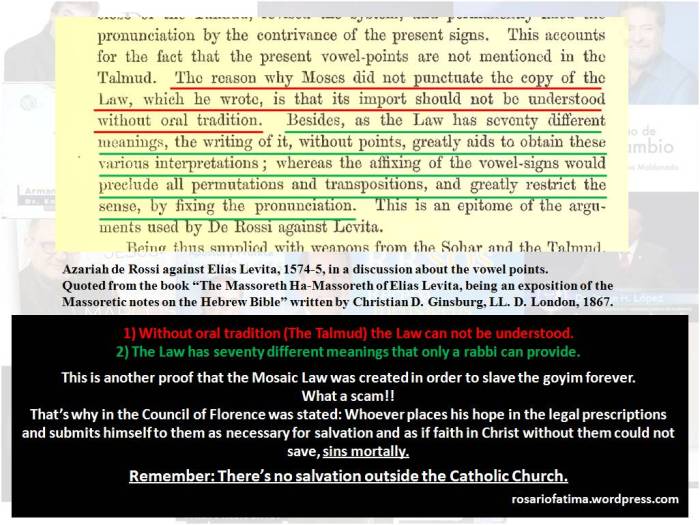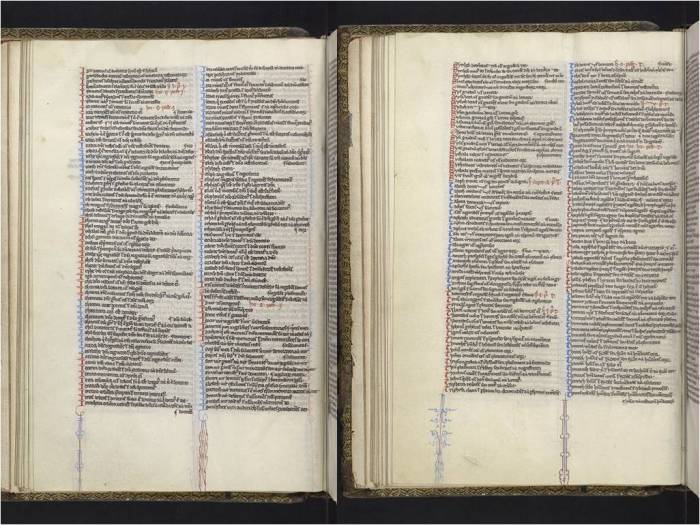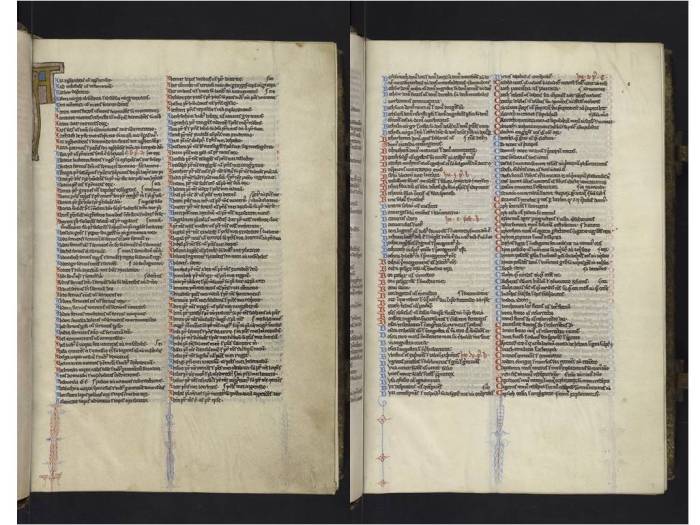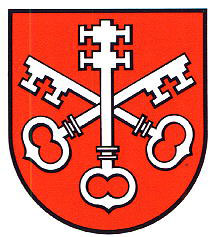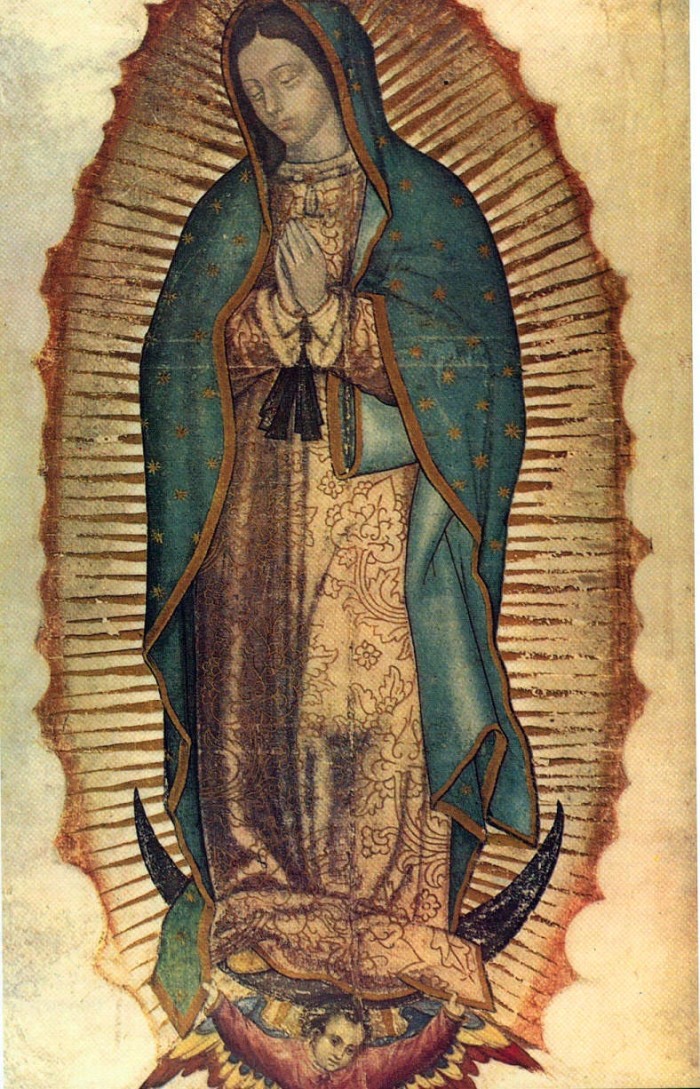Well, the key is in the list of interpretations of the hebrew names.
Instructions:
Open your .xls file with the list of interpretations of the hebrew names. If you don’t have yet, download it now.
interpretationes hebraicorum nominum 1400s 1476 1484
By using the autofilter tool (hope we’re using the right name), look at the column of meanings (interpretationes) for the following terms:
Terms in latin related with “god”: deum, dei, deitas, deus, deo, deorum, divine, divinitas, divinum.
Terms in latin related with “lord”: dominus, dominum, domini, domino, domine, dominatio, dominator.
Terms in latin related with “father”: pater, patris, patrem, paternitas, patre, paterne, paternitatis.
Certainly you will find these words: patruus, patruelis, patrui. Those words mean “uncle”, “cousin”. Keep those on the list of “father” terms.
Copy and paste on a different sheet the results of each search, in order to create 3 different lists:
One for the names related with “god”.
One for the names related with “lord”.
One for the names related with “father”.
You will get at least 300 names on each of the first two terms, that is, +300 for “god” and +300 for “lord”.
You will get at least 100 names on the list of names related with the term “father”.
Now, prepare your books for the research.
Download the catholic encyclopedia (both sets) and the jewish encyclopedia from the site fatimamovement.com.
Download the vulgate bible of 1685 from the site fatimamovement.com
Let’s make a pause. We want to thank our friends of fatimamovement.com for making those books available to everyone interested on these issues.
http://fatimamovement.com/i-DigitalLibrary.php
Look for at least two other versions of the bible, you can pick your favorite ones. It doesn’t matter if those have been scanned or transcripted; you can use printed versions too.
Download this version of the vulgate bible: you’re gonna need it for searching the names in the entire text. Then you can compare your findings with the vulgate 1685 version you have already downloaded.
Check these entries on the jewish encyclopedia, read them carefully and you will understand our researching method.
Abbreviations: it begins on page 38 (84 of 786) of volume 1.
Names: it begins on page 152 (170 of 712) of volume 9.
Names of god: it begins on page 160 (178 of 712) of volume 9.
Stay tuned for further instructions.
